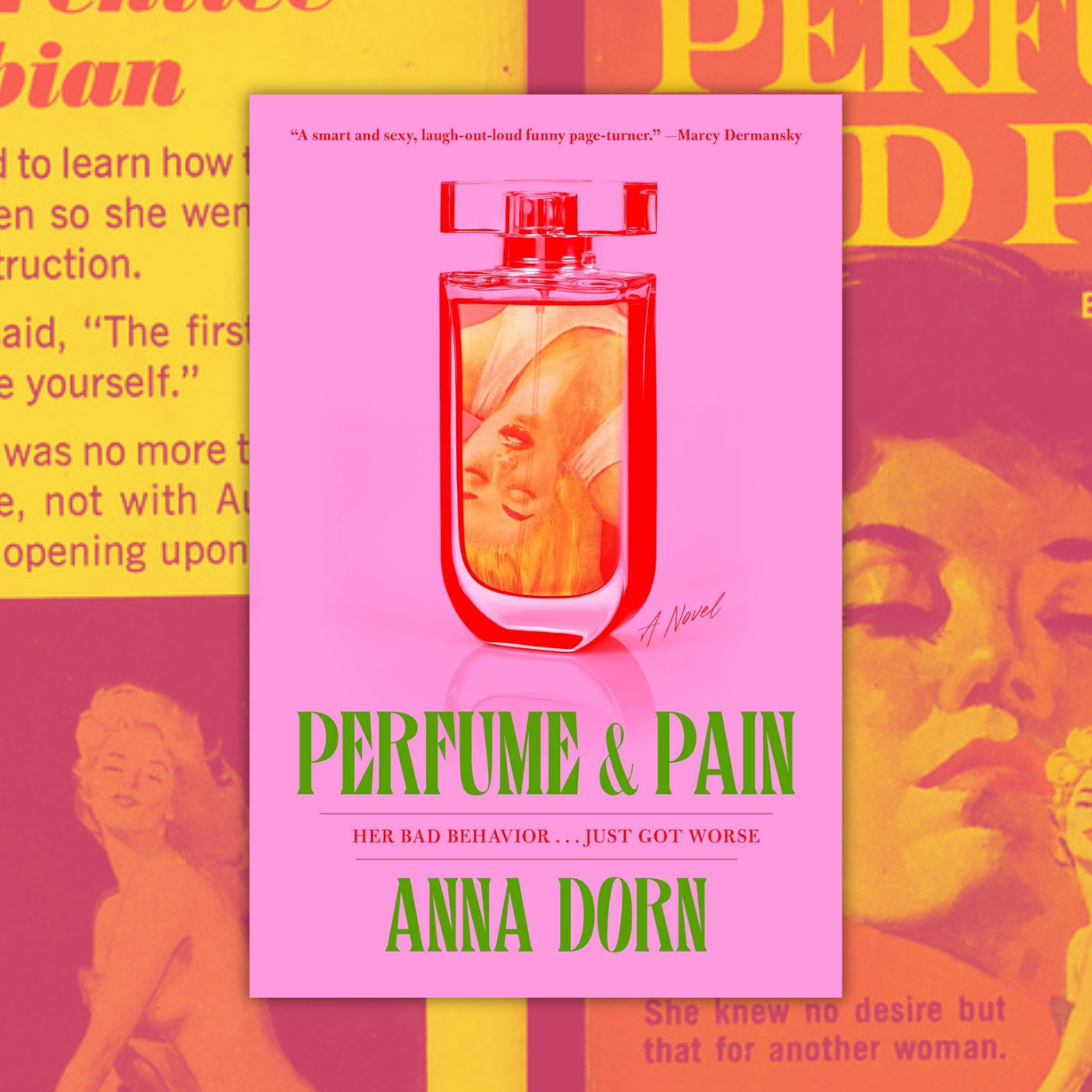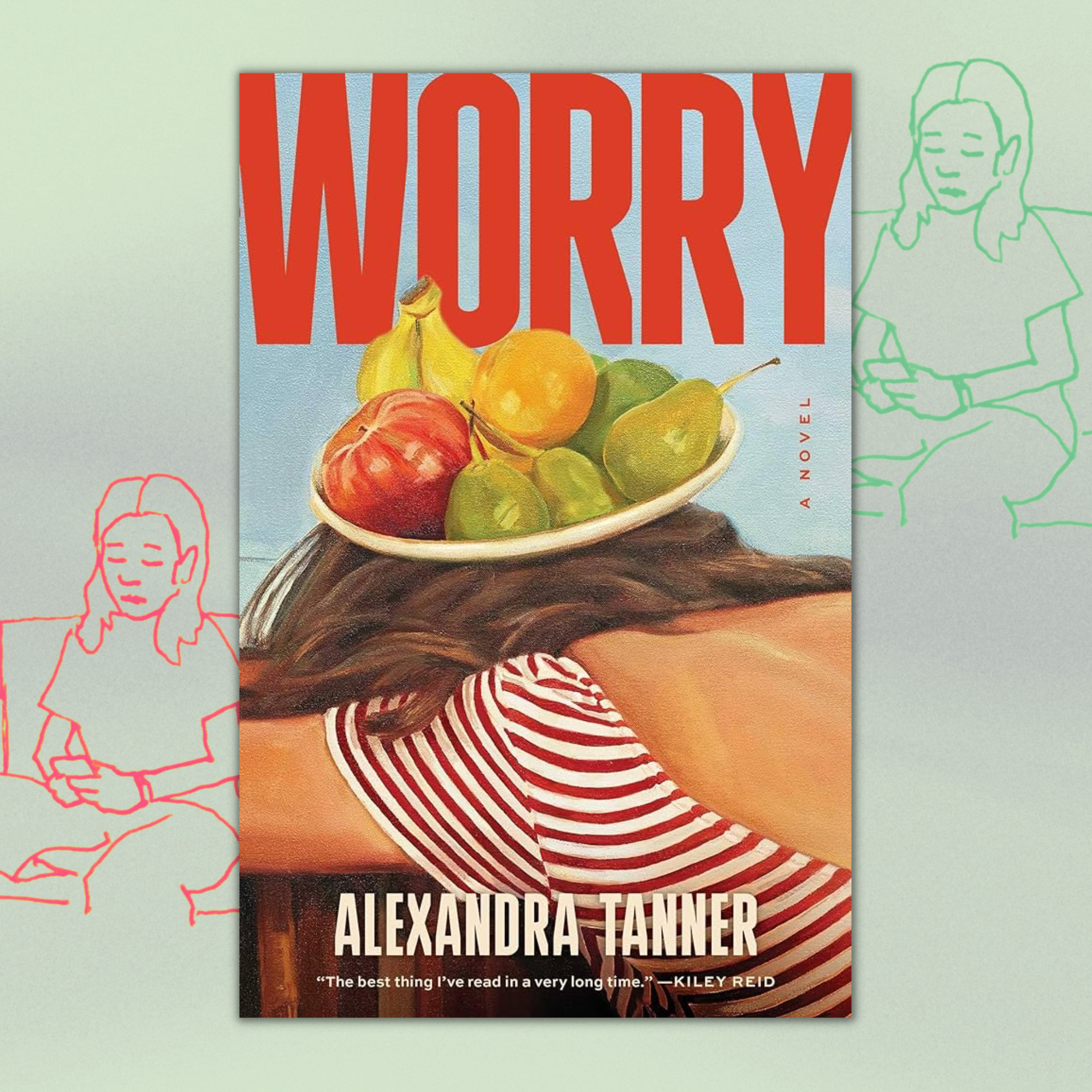- Magazine Dirt
- Posts
- Please Stop Trying to Leave Me
Please Stop Trying to Leave Me
“We’re all having mental breakdowns.”

Leah Abrams in conversation with Alana Saab.
When was the first time you felt oblivion? The first time you left your body behind and saw the world empty into blank space, void of meaning? This is where we find Norma, the protagonist of Alana Saab’s Please Stop Trying to Leave Me (June 2024), grasping for the physical items in her new therapist’s office, trying to piece reality back together. “Brown bookshelf. On bookshelf, creepy wooden robot. Two windows facing Central Park West. Five gold rings. White veiny hands.”
Norma starts therapy after a severe mental breakdown leaves her in fits of dissociation, looking for signs that she should leave her girlfriend, unable to finish her short story collection because she can’t imagine an end to her own story. It seems impossible that a novel whose main plot occurs in a single room could be so expansive. But in her debut, Saab has constructed one of the most vivid, embodied depictions of the depressed mind in recent memory.
In a time when therapy seems to be going out of style (The Cut just published a full package railing against it), Saab’s protagonist is proof that psychoanalysis still has something to teach us, even if only on the page. Aptly enough, I talked to her just a few hours before meeting with my own therapist; our conversation covered the Therapy Canon, the “Trauma Plot,” Goodreads haters, and more.
LA: Do you see Norma in conversation with other characters in the Therapy Canon, like Tony Soprano and Alexander Portnoy?
AS: So, I guess some background that’s important: I had a mental breakdown in May of 2021 and started seeing signs from God. I was having anxiety, plus my usual depersonalization-derealization disorder (DPDR) and panic attacks. It all started with one panic attack that lasted like eight hours.
And so I started writing because I just… needed a tether to reality. It wasn't supposed to be a novel. I just had to write.
When I have read therapy sessions in books—not so much in movies, but in books—I usually hate them. It’s so often used as a device to give a character an epiphany. They're going into therapy either to get medication or learn something about themselves in a convenient way.
And what I wanted to do, as I started thinking of this as a novel, is show what happens when the therapist and the patient’s motivations are in conflict. Like, Norma and Dr. Raya want completely different things from each other, right? So they're just constantly butting heads, which gives it this narrative tension.
And the other way I built that out was that I didn't use quotation marks. I feel like half of what happens in therapy is not what is actually being said, but what’s happening in your head that you’re not telling your therapist.
LA: I’m glad you brought up the quotation marks. I thought that was such a perfect choice for this character who is so in her own head.
AS: I had to push quite a bit for that. I will say, my editors gave me a lot of freedom to be experimental with the form, but then there were certain things that they pushed back on.
The lack of quotation marks was one of them. And I immediately was like, no, it has to be this way. The narrative pull of wondering: “Is she saying this out loud?” actually mimics the state of mind that Norma is in. Half the time she's like: did I say that?
LA: I think that brings me to the concept of oblivion itself, which was this really interesting articulation of what it’s like to dissociate. At one point, Norma compares the experience of “oblivion” to being covered in Saran Wrap, and that felt so true and relatable to me. How did you settle on that word in particular?
AS: So I had this very spiritual therapist a while back… and he told me that my episodes of derealization and depersonalization were a connection to the divine. So I found a way to actually induce episodes and write about it, and that’s where the idea of the “Study of Oblivion” comes from. That's how batshit I was at the time. [LA: Aren’t we all?!]
And then I thought it was important for Norma to continue in this vein because I didn't want this book to only relate to people who have the severe form of this disorder. We all dissociate, right? We all have these glimpses of oblivion and whatever that means for us. And I wanted to have it be an open-ended word that a reader can then fill with whatever dread comes up.

YOUR NEXT READ
|

